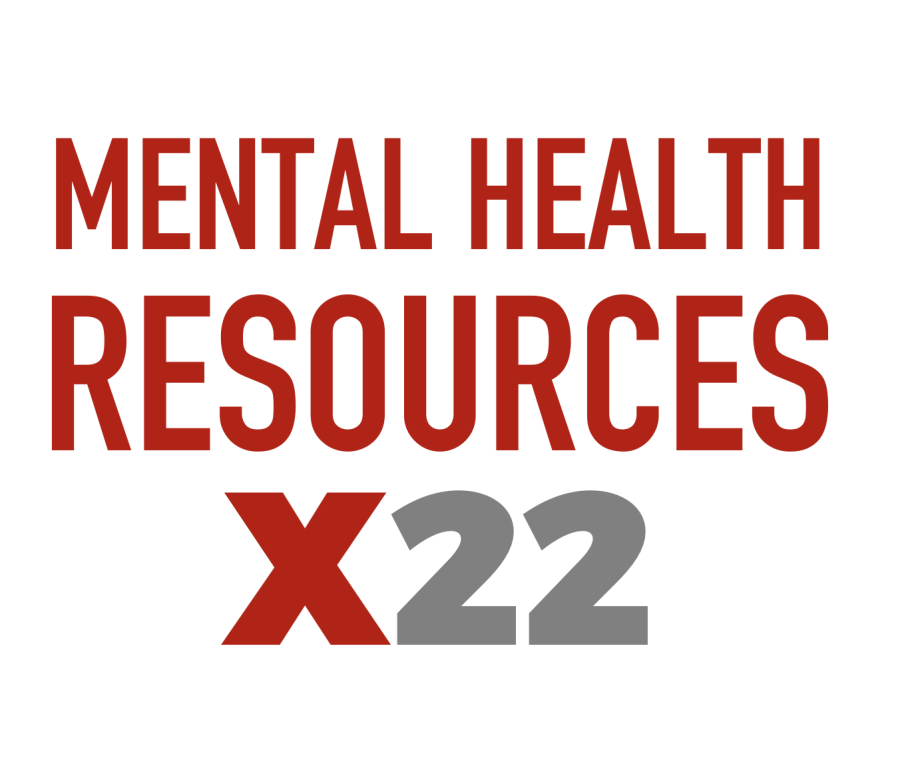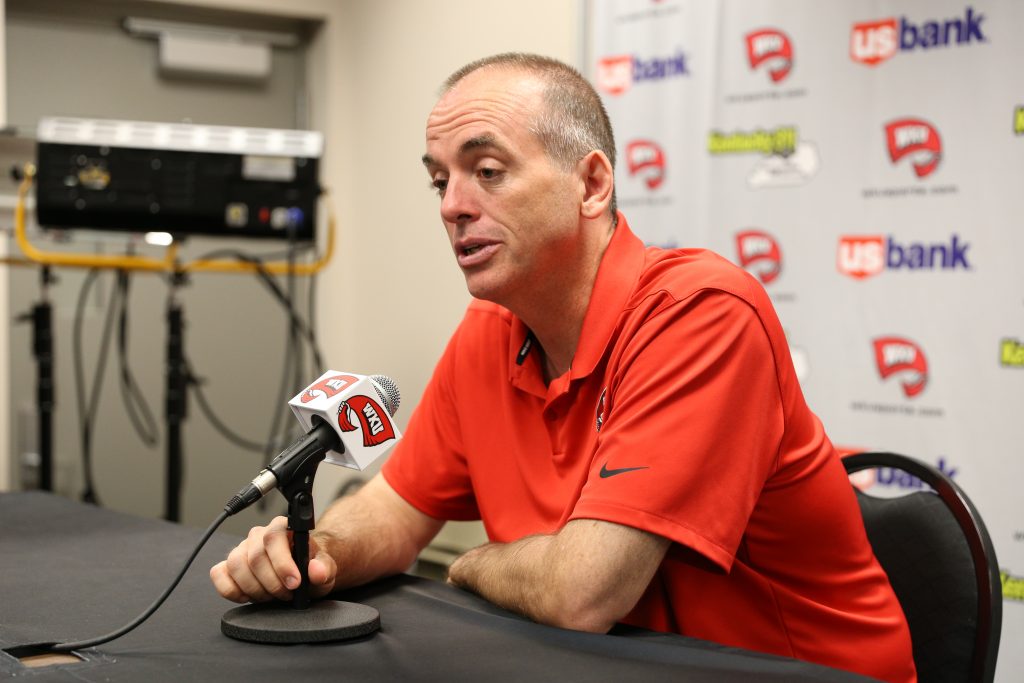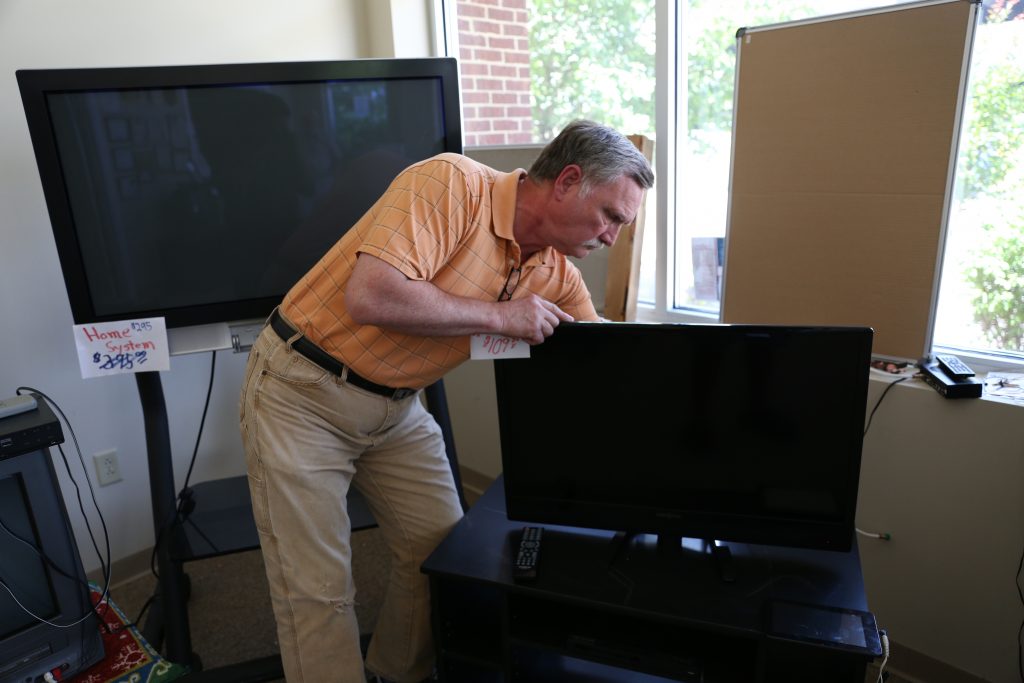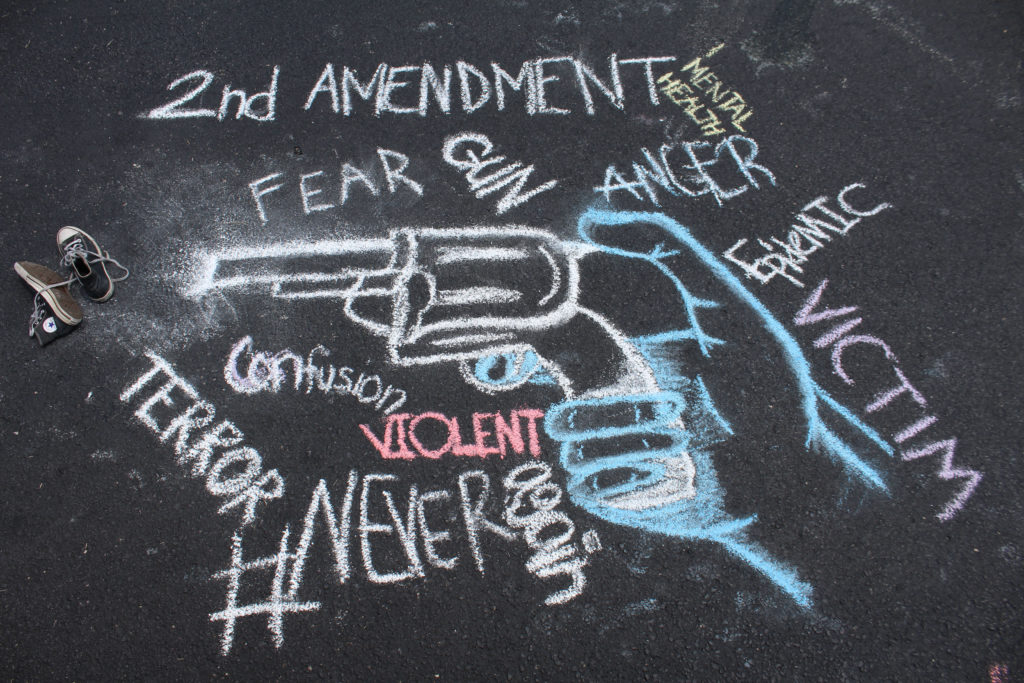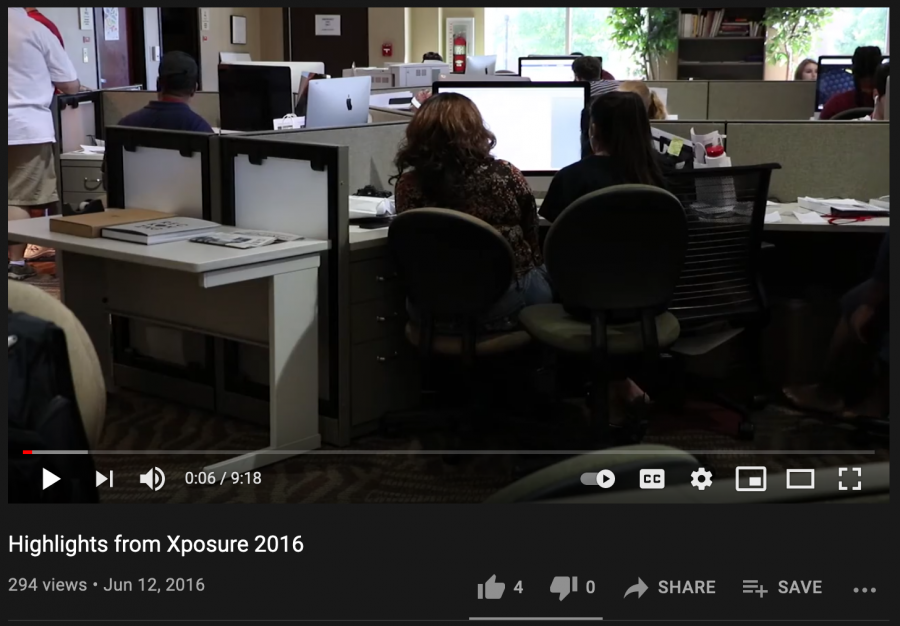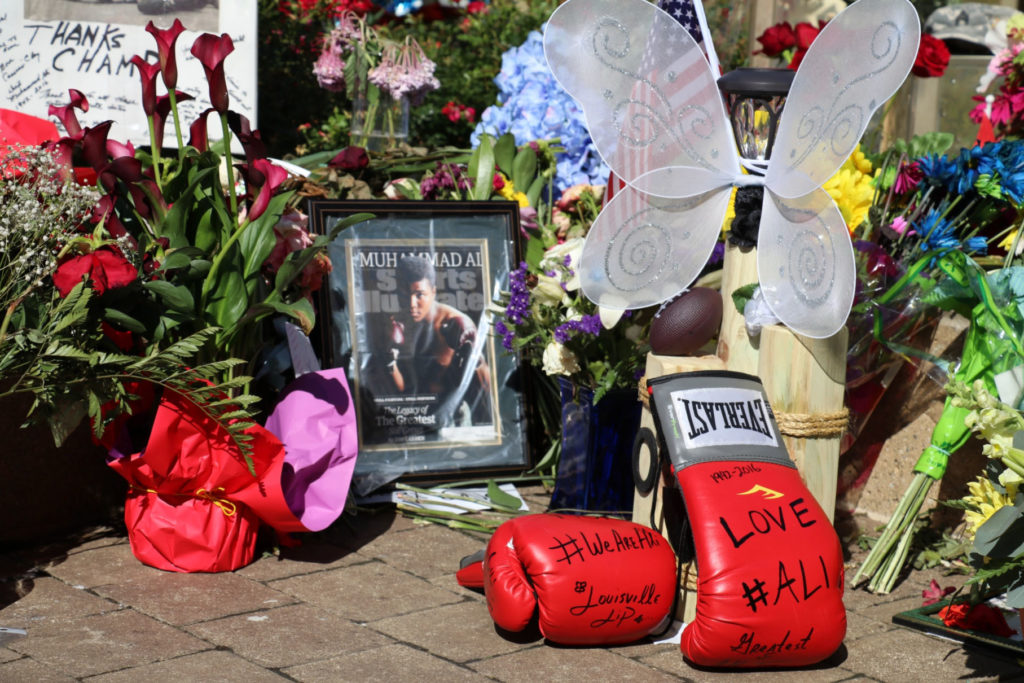Stigma of mental health problems gets in the way of treatment, healing
When Wes Nolen thinks of his childhood, he describes it as “cultish.”
Nolen grew up in what he called a “Southern Baptist religious cult” in Tennessee. As a kid, he learned early on that he was different, but didn’t know why. In retrospect, the hints were there; Nolen clearly remembers fixating on a piece of metal from his grandfather’s CB radio.
At 37, he knows now what he didn’t know then: he suffers from attention deficit hyperactive disorder, or ADHD. According to the CDC, 9.8% of U.S. children have ADHD. However, being a child of the 1980s, Nolen said he was not made aware of ADHD or neurodiversity in general. Mental health just wasn’t something that was talked about regularly.
“I have severe ADHD and dyslexia, so I’m naturally curious by nature, so what they thought as rebellious and disrespectful was just my natural disposition,” Nolen said.
His family’s “faith and their religion taught them to ‘not spare the rod,” he said, “so I got the hell beat out of me and got severe PTSD because of it.”
The stigma in mental health deriving from religion, race and class leads to problems that in turn, create expectations and shame. Because of this, those alienated from their own community and minorities have more obstacles to overcome to get help. This leads to long overdue evaluations of one’s own mental health for their own self-fulfillment.
It wasn’t until he had a panic attack in 2022 – as the COVID-19 pandemic continued into its third year – that he spoke to a psychologist and learned he has ADHD. What could have been an earlier discovery, turned out to be a life of confusion.
While more people are comfortable talking about mental health today than years past, there are still some realms where it remains taboo.
“Nationwide, the stigma has decreased but it still exists, there are still some hardcore pockets driven by politics and by religion that says therapy is fake, it’s a liberal scheme, it doesn’t work,” said Karl Laves, associate director at the Western Kentucky University Counseling Center.
Socioeconomic factors stigmatizing mental health
The freedom to openly discuss mental health varies across class, race and religion. For example, Heekyung Ko, a licensed therapist from South Korea who is now based in Austin, Texas, said cultural differences are relevant when it comes to talking about mental health.
“There was definitely a stigma surrounding mental health in Korea. If you even talked about mental health they automatically connected it to being crazy and thought you were crazy,” Ko said, before noting the situation is improving.
People being called “crazy” or excluded due class and culture demotivates individuals to seek out professional help, Ko said.
“Higher status people back then tried to hide it because mental illness was perceived as lower class, and it carried on generationally. It is systemic prejudice,” Ko said.
Self-consciousness is a prevalent feeling among people who want or need to fit in the social ladder.
Lisa Smith, an African American woman who’s a licensed therapist in Tennessee, said class contributes to cultural differences in dealing with mental health issues.
“After being in the field and growing up in that middle class, sheltered household, it’s a very tough group to be around,” Smith said. “It’s really tough on a person to be fake and not be your actual, authentic self.”
A factor that people encounter is the idea of not being wanted or possible alienation.
“You become the black sheep and nobody wants to deal with you,” Smith said.
The financial burden can also hold people back from pursuing psychological help from professionals.
“There are small pockets in our society of affluent people that tend to have counselors to be their professional friend,” Laves said. “And the reason that makes me edgy is because I work with a lot of people who can’t afford counseling or can’t get counseling.
Treatment toward children’s mental health
“We assume, as we should, children are wanted, parents want their children, love their children, have patience, and the sad truth is not all parents do,” Laves said. “It’s not the kid’s fault. Sometimes it’s not even the parent’s fault; they didn’t get it from their parents, so they couldn’t give it to their kids.”
In hopes of teenagers living fulfilled lives, Ko encourages parents to always be open to conversations about mental health with their children.
“It’s important because that’s the way kids can be introduced to mental health and wellbeing to make them feel accepted and supported by parents,” Ko said.
In Nolen’s case, that lack of support meant he went decades without answers. As an adult, he came to understand that getting help was OK.
“Just by talking about it and normalizing mental health,” Nolen said, “you can save lives.”











